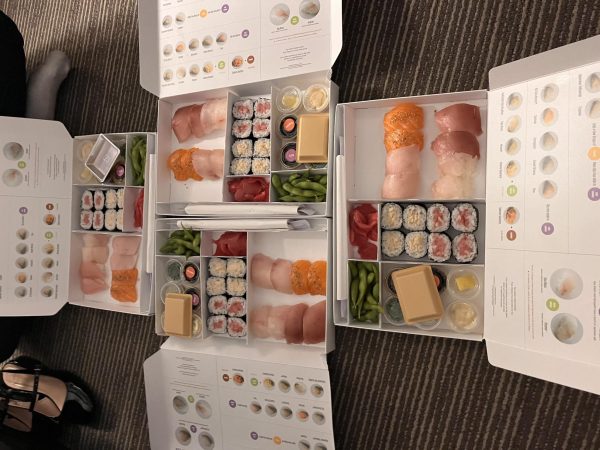Why Having Math Everyday Is Flawed
As anyone who has attended our high school in the past few months certainly knows, there has been a radical change in the schedule. Being one of the highest rated public schools in the state, the board has decided to “reward” us with extra math. Although this change statistically could prove beneficial, whether or not this is for the best in terms of scheduling and grades is arguable to say the least. Parents, students, and teachers alike have noticed a rise in stress and a drop in healthy learning environments all throughout our high school.
On Monday, October sixth, fifty parents filled the school board’s meeting room in order to share their concerns about this new curriculum. According to their children, the hallways felt tense, and in math classrooms they felt less focused than ever. Students feel like math is being shoved down their throats and therefore are deciding to pay less attention.
This addition of workload and removal of beloved aspects, such as tutorial, (a fifteen minute break between period one and two) have irritated the students. The extra forty-five minutes given every red day after math class feels more like an excuse than a replacement for tutorial. In addition to this, it is harder than ever to meet or work with certain students who most likely will have this break at completely different times.
Another issue this change brings up is academic diversity. What keeps our attention spans from disintegrating everyday is the little bit of variety we get from switching subjects every hour and a half. As we step into a classroom, there’s a change in how the class is structured and taught, a change in how we perceive and consume the information. This strategic spacing and timing between classes is done intentionally. When the room we spend the most time in becomes math class (in my opinion the most boring and most difficult), a sense of resentfulness sets in. This instills the belief that our school cares more about our ACT scores than our own well being.
These changes hurt relationships between the school board, students and parents. The board meeting which took place a few weeks ago was proof of that. Is extra math so necessary that it should divide kids from much needed free time? This free time was used coherently with peers and teachers to socialize, and for a myriad of other activities that helped make our old schedule as great as it was. In order for these downsides to be rectified, math should simply go back to a normal every-other-day schedule. A single, focused, and d ignified math class is all that should be needed. And hopefully, with that change, this controversial schedule could go back to normal as well.
ignified math class is all that should be needed. And hopefully, with that change, this controversial schedule could go back to normal as well.

Romain Mollicchi is sophomore staff writer for the AHS newspaper, The Skier Scribbler. He will be graduating class of 2017, and is trying out...






















